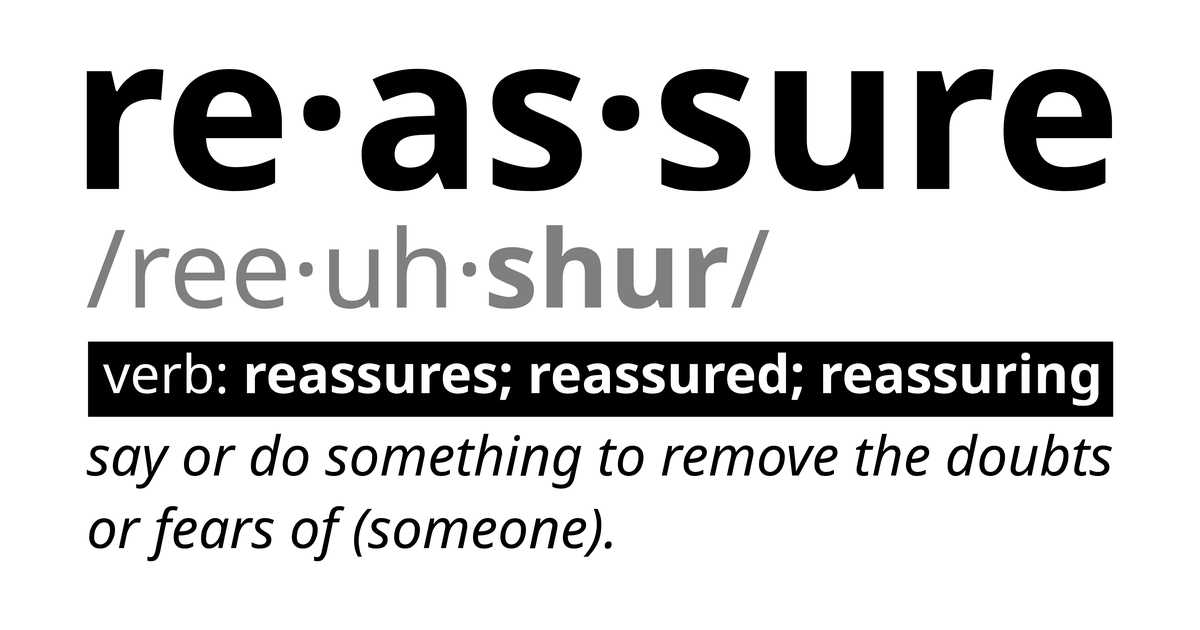Advisers saving clients from themselves amid APRA performance test fall-out

Just as financial advisers stepped in to stop clients crystallising their losses amid the initial COVID-19 volatility of March, last year, they have emerged to stop their clients knee-jerking in response to this week’s Australian Prudential Regulation Authority (APRA) superannuation performance test results.
And, for the most part, the advice delivered by advisers is that clients should hold steady despite the negative headlines and not be misled by APRA’s methodology and communications around the performance test results.
While APRA’s Margaret Cole recently suggested that the outcome of the performance test would prompt people to visit the Australian Taxation Office’s (ATO’s) YourSuper comparison tool seeking somewhere else to invest their money, many have simply contacted their financial advisers.
And a number of those advisers have told Financial Newswire that not only do they question the methodology underpinning the performance test, they question why APRA was not more specific in detailing what had actually failed.
“The problem is that APRA has named particular superannuation funds as having failed, when it is actually a sub-fund product which has failed,” one adviser said.
“We have had to reassure clients that the product they have chosen is not affected and is performing strongly. There appears to be a complete lack of consistency in comparing Single Sector Funds against the Lifestage funds.”
Another adviser said that he was urging caution on the part of his clients because, after running the numbers himself he found that “if you move the start date back or forward a year or so, the averages are completely different and the APRA analysis doesn’t necessarily stack up”.
The reaction of the advisers follows on from criticism delivered by Frontier Investment Consulting
Frontier released analysis of the APRA test results which it said highlighted “that a number of funds which have failed the test have actually delivered higher returns than others deemed to have made the grade”.
“This is typically a function of the investment strategy of each fund accepting different levels of risk to achieve its stated aims,” Frontier said.
In the meantime, executives within some of the funds named by APRA as having ‘failed’ the test have reported increased levels of inquiries from members, but not as high as those which occurred at the time of the Government’s hardship superannuation early release regime.A












Dixon Financial Advisers were just doing their jobs. Similar to the below. Licensed Financial Planners love & care about their…
Yeah, it'll get there no doubt... 25,000 - unqualified hacks peddling product 5,000 - fully qualified advisers
How much financial damage caused ? How many client losses ? So ASIC how come Dodgy Dixon’s have had no…
The evidence is mounting.
It is not the fault of advisers who care and do right by their clients. ASIC is culpable for failing…